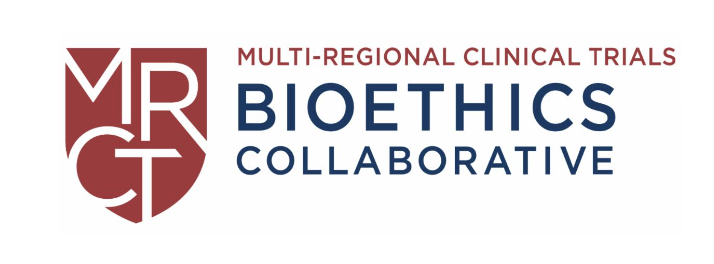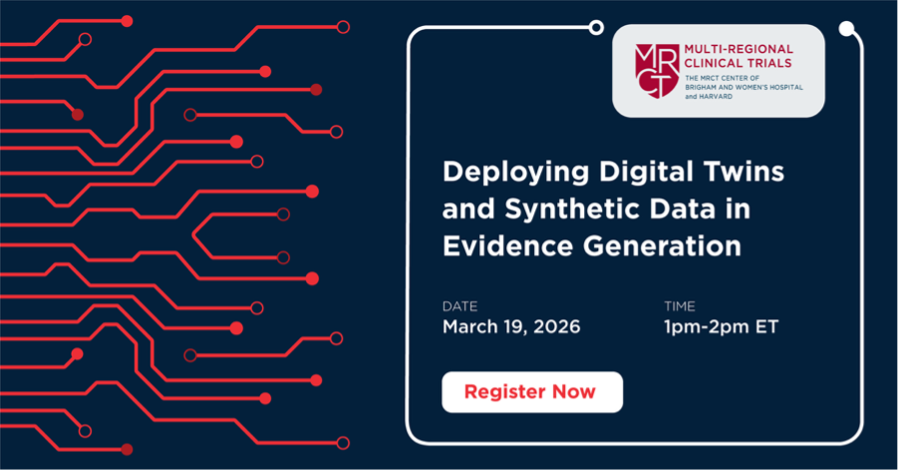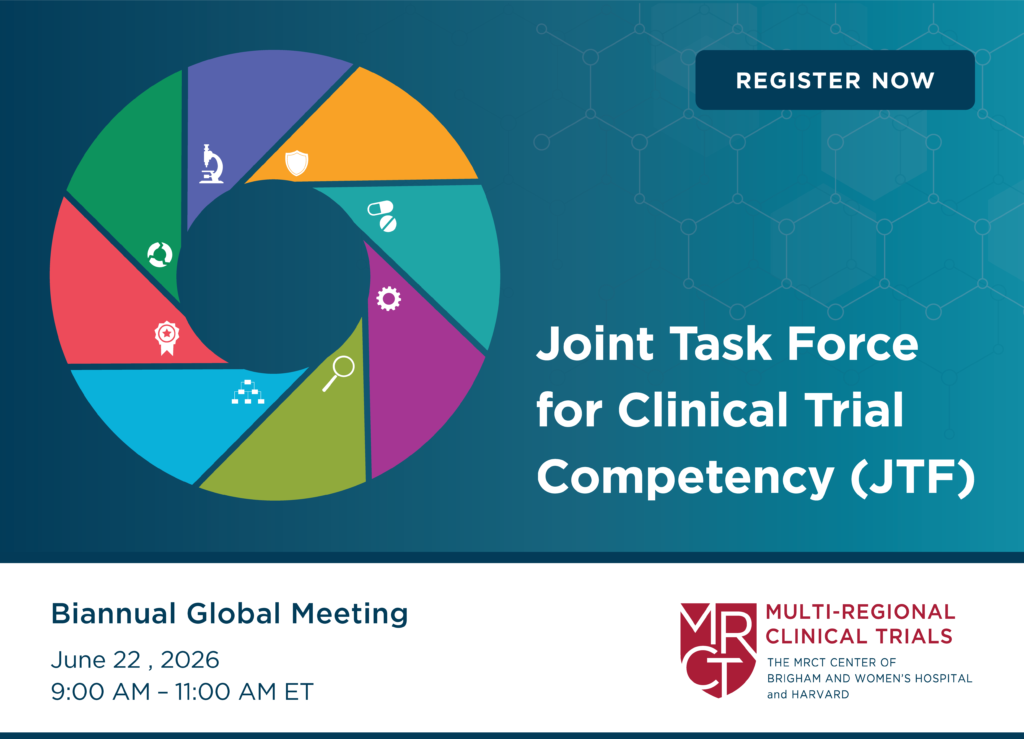March 10, 2026
10:00 am ET - 1:00 pm ET
Location:
Research Interrupted: Clinical Trial Termination and Withdrawal of Consent
March 10, 2026 @ 10:00 am – 1:00 pm

Topic: Research Interrupted: Clinical Trial Termination and Withdrawal of Consent
Abstract: Withdrawal from research participation is widely acknowledged as foundational to ethical research, yet it comes with costs, including the loss of data and delays in completing valuable research. Historically, withdrawing from research has been conceived as an all-or-nothing decision, regardless of whether that decision is made by the participant or the research team. However, this assumption precludes the possibility that individuals may be willing to continue contributing to the research in other ways, even if they are not willing to participate in all aspects of a study. While access to public records (e.g., National Death Index) may allow follow-up data collection, it is rare, at the time of withdrawal, for studies to seek individuals’ permission to continue other forms of data collection, such as access to medical records or interaction with a personal care provider. Are there risks to offering more fine-grained options for monitoring and continued data collection to subjects who express a desire to withdraw? Could it be construed as unduly pressuring participants or interfering with the right to withdraw? What would the ethical parameters of such an approach be? How would these discussions need to be approached, and what would the informed consent process at enrollment need to say about it?
Transitioning from individual rights to systemic issues, it becomes evident that there are also ethical concerns surrounding trial termination generally, particularly when study closure is premature or occurs for reasons not envisaged at study launch. Currently, there is a lack of ethical guidelines, standardized protocols, and attention to or analysis of trial closure. Reasons for terminations are often inadequately documented, and procedures for closing a trial are inadequate. This raises questions about the obligations of researchers and sponsors to trial participants and the data, especially when trials are terminated for non-scientific reasons (e.g., business priorities). The recent abrupt withdrawal of NIH funding left an estimated 74,000 participants stranded and prevented those studies from producing robust knowledge and scientific benefits, which are generally needed to justify the assumption of risks for participants. Further, early closures due to seemingly preventable reasons, such as lack of participant accrual, remain common, and academic institutions routinely close protocols when an investigator leaves (or loses interest) without accountability to the research, data, or currently enrolled (or completed) participants. A framework for trial termination, emanating from use cases and experience, is needed.
This meeting is open to sponsors of the MRCT Center Bioethics Collaborative and select invited guests. For more information about the Bioethics Collaborative and how to become a sponsor, click here.



